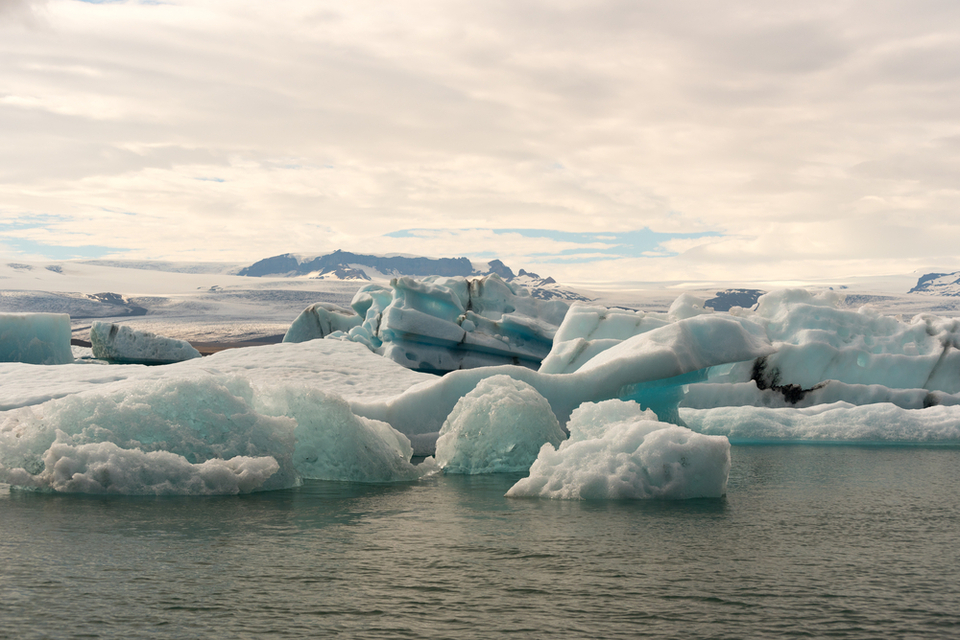Europe has seen heavy snowfall this past week and scientists are saying that it’s all due to Arctic warming.
For the past week, major cities in Europe have been battling the sudden plunge in temperature which has transformed the majority of the region into a winter wonderland.
Over the weekend, Britain reportedly experienced a temperature of minus 5 degrees Celsius while Rome and Moscow were both covered in heavy snow.
Meanwhile, the weather situation in the polar ice cap, which is supposed to be one of the coldest regions on our planet, has been extremely odd. In the northern tip of Greenland, the temperature was recorded at 6 degrees Celsius on Sunday.
According to scientists, Arctic warming has been a significant contributor to these freak occurrences. Based on gathered data, the entire Arctic region’s temperature is currently at 20 degrees Celsius above normal at minus 8 degrees Celsius.
“It’s really quite remarkable for February when it’s dark permanently,” Ruth Mottram, a climate scientist at the Danish Meteorological Institute, which has been mapping the average temperatures in the far northern Arctic, said. “It’s never been this high at this time of year. It’s never been this warm. It’s really, really unprecedented, I would say.”
The Arctic Warming
One of the primary concerns of scientists now is that global warming has dramatically affected and eroded the polar vortex, the powerful winds that usually keep the frozen north insulated.
Typically, the North Pole is not supposed to get sunlight until March. However, the warm air that has enveloped the region pushed the temperatures high above historical averages this month.
For instance, Siberia has experienced a temperature of 35 degrees Celsius while Greenland has experienced being above the freezing point for 61 hours: three times as many hours than previous years.
It was also reported that a third of the ice covering the Bering Sea situated to the west of Alaska has disappeared. At a time when winter in this region is expected to be at its peak, the area covered by ice is now said to be 60 percent below its 1981 to 2010 average.
The level of Arctic warming has reportedly shocked scientists with some referring to it as “crazy” and “weird”.
“This is an anomaly among anomalies. It is far enough outside the historical range that it is worrying – it is a suggestion that there are further surprises in store as we continue to poke the angry beast that is our climate,” Michael Mann, director of the Earth System Science Center at Pennsylvania State University, said in a statement.
“The Arctic has always been regarded as a bellwether because of the vicious circle that amplifies human-caused warming in that particular region. And it is sending out a clear warning.”
In a tweet, University of Hamburg professor, Lars Kaleschke, said that the “wacky weather continues with scary strength and persistence.” In a separate statement to Reuters, Kaleschke said that the question is whether this “weird” weather will happen more often now or will this be just a one-time event.
The Arctic warming is also shrinking the sea ice in the ocean and is exposing warmer water below that releases more heat into the atmosphere.
According to the U.S. National Snow and Ice Data Center, the Arctic Ocean sea ice reportedly reached a record low of 14.1 million sq. Km late this month. That is nearly a million sq. Km less than normal, an area roughly the size of Egypt.
Right now, figuring out if Arctic warming is caused by human activities has been a real challenge for scientists due to the lack of measuring stations. Many satellite measurements around the North Pole only date back to the late 1970s.
Although it is still quite soon to know whether the overall projections for Arctic warming should be changed, the recent temperatures only add to the uncertainty and possibility that it might accelerate climate change.
“This is too short-term an excursion to say whether or not it changes the overall projections for Arctic warming,” Mann went on to say.
“But it suggests that we may be underestimating the tendency for short-term extreme warming events in the Arctic. And those initial warming events can trigger even greater warming because of the ‘feedback loops’ associated with the melting of ice and the potential release of methane (a very strong greenhouse gas).”



















Comments (0)
Most Recent